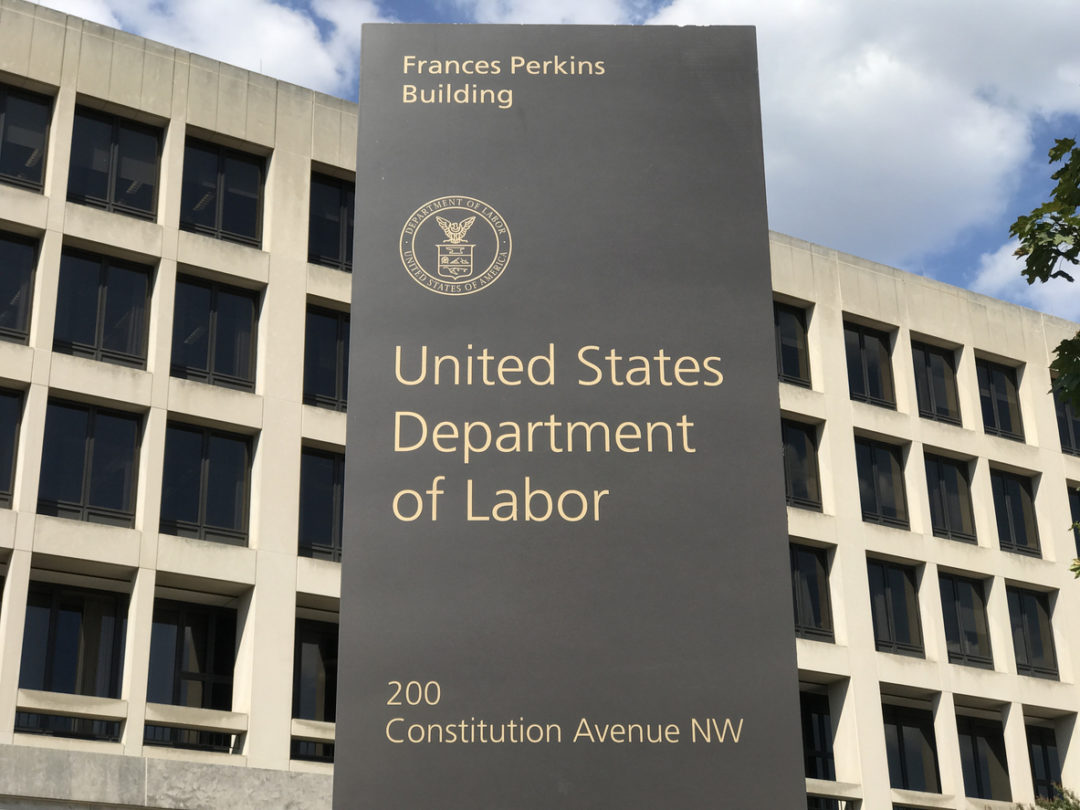
Visit Our Sponsors |
|
|
|
|
|
|
|
|
|
|
|
|
|
|
|
|
|
|
|
|
|
|
|
|
|
|
|
|
|
|
|
|
|
|
|
|
|
|
|
|
|
|
|
|
|
|
|
|
|
|
|
|
|
|
|
|
|
|
|
|

Photo: Kiyoshi Tanno, iStock
The Biden administration has finalized overtime protections that raise the salary threshold to exempt workers from federal overtime pay requirements.
Starting on July 1, the threshold will increase from $35,568 to $43,888, and then again to $58,656 on January 1, 2025. In effect, that means any worker with a salary at or below the new threshold must be compensated for overtime. On July 1, 2027, salary thresholds will begin updating every three years using the latest wage data to determine the benchmarks.
“This rule will restore the promise to workers that if you work more than 40 hours in a week, you should be paid more for that time,” acting U.S. Labor Secretary Julie Su said. “Too often, lower-paid salaried workers are doing the same job as their hourly counterparts but are spending more time away from their families for no additional pay."
The new protections came under fire shortly after they were announced on April 23, with the Transportation Intermediaries Association (TIA) criticizing them as "burdensome regulations." The TIA — which represents the interests of 1,700 third-party logistics companies — claims that the increased exemption threshold will raise costs for small businesses and consumers alike.
Meanwhile, labor advocacy groups like the National Employment Law Project (NELP) have lauded the move as a means to achieve a better work-life balance for employees, and to ensure that workers are fairly compensated for their time.
“Rather than relying on unpaid or off-the-clock overtime hours, businesses may now choose to reassess workloads, consider hiring additional staff, and/or convert part-time workers to full-time," the NELP said.
RELATED CONTENT
RELATED VIDEOS
Timely, incisive articles delivered directly to your inbox.


